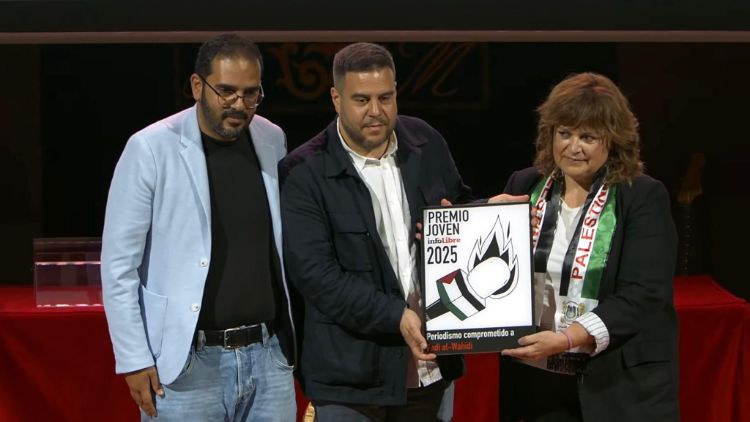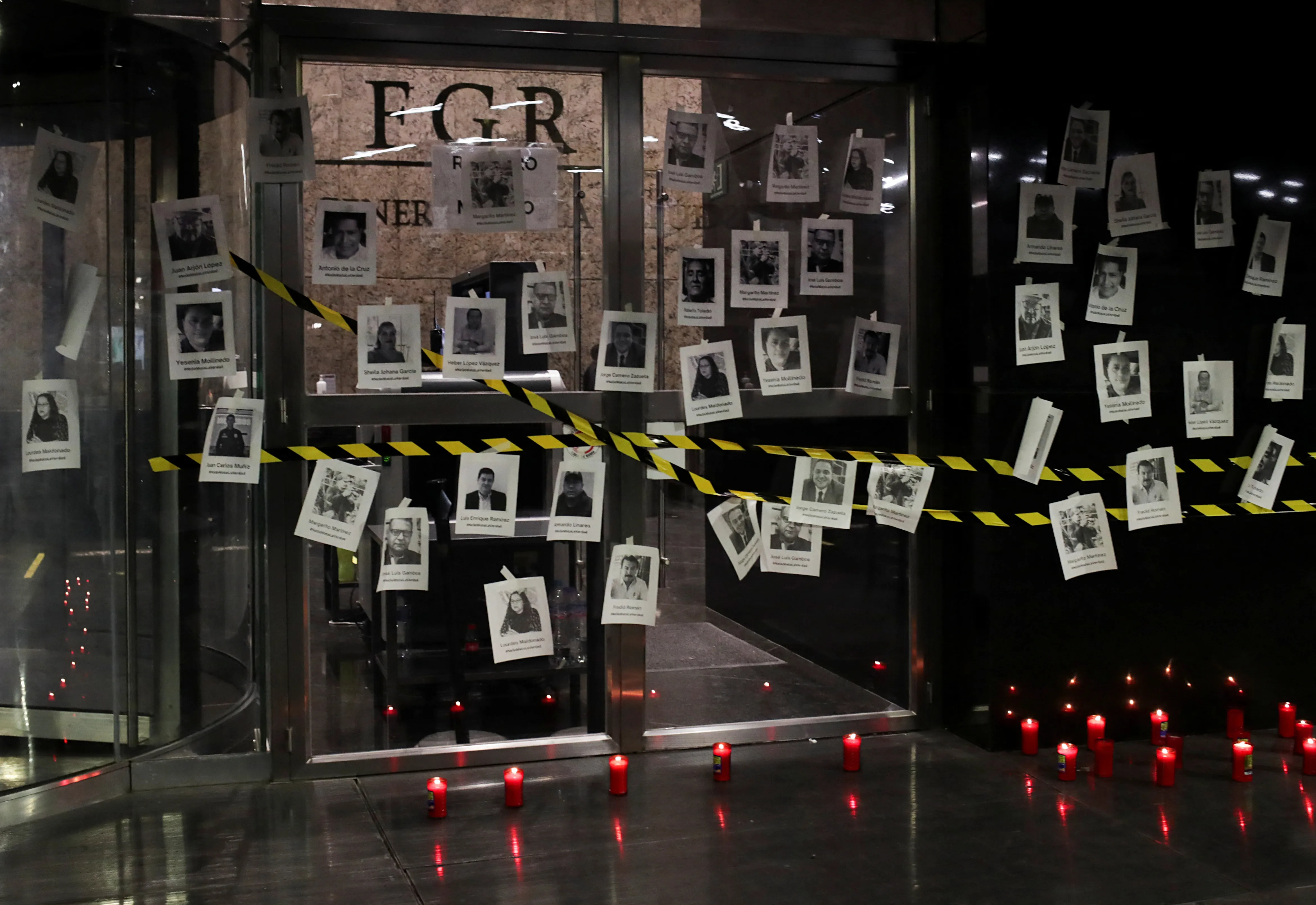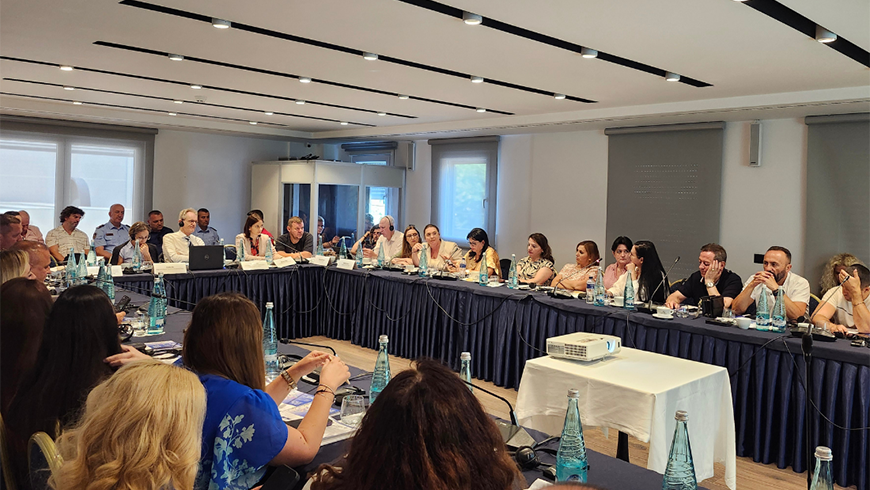
Al Jazeera Cameraman Fadi Al-Waheedi Wins “Youth for Committed Journalism” Award
June 18, 2025
Italy Establishes May 3 as National Day Honoring Murdered Journalists
July 17, 2025The Council of Europe, in collaboration with the EU-funded PRO‑FREX programme, organised a two-day “Training of Trainers” session in Shkodër, Albania, aimed at enhancing the capacity of law enforcement to protect journalists. Over 25 senior police instructors, academy representatives, and legal officers participated, engaging in interactive exercises focused on threats journalists face, European Court of Human Rights standards, and practical strategies for reporting incidents.
This training aligns with Albania’s broader EU accession agenda, acknowledging that a free press is foundational to democracy. It emphasises the police’s ethical and legal obligations—both domestic and international—to uphold freedom of expression and shield media professionals from intimidation, violence, and legal harassment.
A key feature of the programme was the implementation of newly adopted State Police Protocols on the Safety of Journalists, developed with PRO‑FREX support. These protocols set out guidelines for proactive intervention, preventive measures, and strengthened cooperation between journalists and police during protests, raids, or conflict coverage.
High-ranking participants underscored the need for the institutionalisation of these practices. Gentian Mullaj from the General State Police commented that “the police must be partners – not threats – when it comes to journalist safety”. Council of Europe expert Blerjana Bino added that such training is essential, as it advances democratic policing and fosters trust between media and law enforcement.
In parallel, a multi-stakeholder roundtable in Shkodër convened journalists, prosecutors, civil society, police, and international partners to examine implementation gaps and encourage more intimate cooperation. It produced calls for more reliable threat-reporting mechanisms, institutional commitment, and transparency in law enforcement responses.
These developments build on earlier sessions in November 2024 in Tushemisht, where similar training was provided to 28 officers, and are aligned with Council efforts to promote the “Journalists Matter” campaign. This initiative, alongside OSCE best practices, positions journalists’ safety as integral to democratic governance.
In conclusion, Albania’s efforts reflect a strategic pivot: treating journalists not as adversaries but as stakeholders in democratic security. While challenges remain—such as inconsistent media trusts and underreporting of threats—this sustained engagement between police and media signals a meaningful shift, aligning Albania more closely with EU and Council of Europe standards.
Reference –

